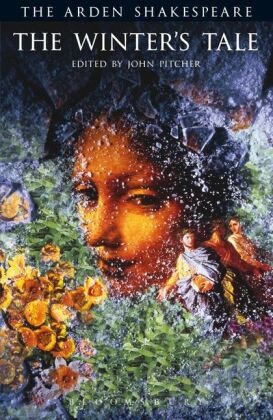Description
Product details
| Authors | William Shakespeare |
| Assisted by | Joh Pitcher (Editor), John Pitcher (Editor), Pitcher John (Editor) |
| Publisher | Arden shakespeare |
| Languages | English |
| Product format | Paperback |
| Released | 26.07.2010 |
| EAN | 9781903436356 |
| ISBN | 978-1-903436-35-6 |
| No. of pages | 476 |
| Dimensions | 130 mm x 198 mm x 22 mm |
| Series |
The Arden Shakespeare Third Series The Arden Shakespeare - Third Series The Arden Shakespeare The Arden Shakespeare Third Series |
| Subjects |
Fiction
> Poetry, drama
English, LITERARY CRITICISM / Drama, DRAMA / Shakespeare, LITERARY CRITICISM / Modern / General, YOUNG ADULT NONFICTION / Literary Criticism & Collections, Literary studies: c 1600 to c 1800, Educational: English Literature, Shakespeare Studies & Criticism, Classic and pre-20th century plays, Shakespeare Plays, Literary studies: plays and playwrights, Educational: First / native language: Literature studies, Relating to Shakespeare / Shakespearean |
Customer reviews
No reviews have been written for this item yet. Write the first review and be helpful to other users when they decide on a purchase.
Write a review
Thumbs up or thumbs down? Write your own review.

